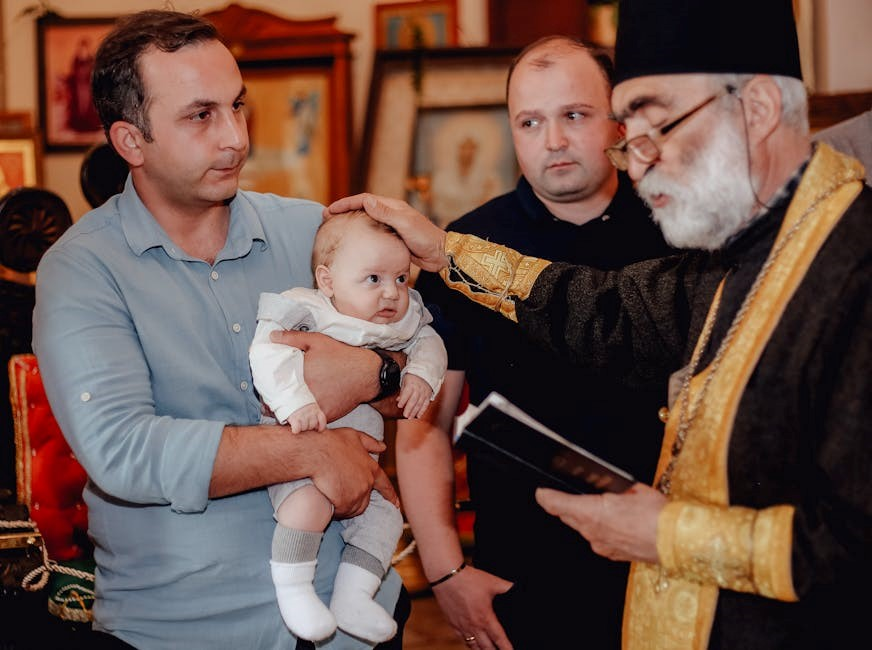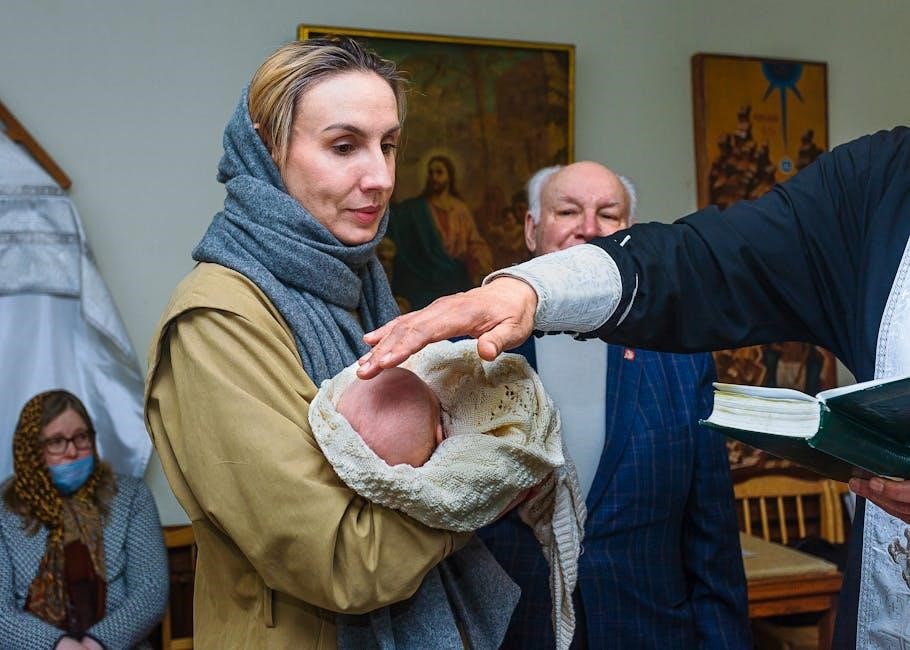The Godfather is a family saga about Don Vito Corleone and his mafia empire in the US with political corruption and gangster life always present online.
Overview of the Storyline
The story of The Godfather revolves around the life of Don Vito Corleone, an Italian-American mafia boss, and his family. The narrative explores the world of organized crime, power struggles, and loyalty. The plot unfolds with the attempted assassination of Don Vito, which sets off a chain of events that leads to the rise of his youngest son, Michael, as the new leader of the family business. Along the way, the story delves into themes of family, loyalty, and the American dream, revealing the complexities and moral ambiguities of the characters. The storyline is full of unexpected twists and turns, keeping the reader engaged and invested in the fate of the characters. The Godfather’s storyline is a classic tale of crime, family, and power, with a richly detailed and immersive world. The story is set in the US with political corruption.
Character Analysis of Don Vito Corleone
Don Vito Corleone is a complex and intriguing character, played by Marlon Brando, with a commanding presence and authority. He is a powerful and respected mafia boss, known for his wisdom, loyalty, and fairness. As the patriarch of the Corleone family, he is a skilled leader and strategist, able to maintain balance and control within his organization. His character is multifaceted, revealing a deep sense of loyalty and commitment to his family, as well as a ruthless determination to protect and defend them. Don Vito’s personality is shaped by his Sicilian heritage and his experiences as an immigrant in America, influencing his values and worldview. His character serves as the emotional center of the story, driving the plot and motivating the actions of those around him, including his family members and associates. He is a compelling figure.

The Godfather as a Film
The Godfather film is a classic American crime drama directed by Francis Ford Coppola with great music and scenes online always.
Director and Release Year
The Godfather film was directed by Francis Ford Coppola, a renowned American film director, and released in 1972. The film’s release year marked a significant point in the history of American cinema. Francis Ford Coppola’s direction brought the story to life, exploring themes of family, power, and loyalty. The film’s success can be attributed to Coppola’s vision and the talented cast, including Marlon Brando and Al Pacino. The director’s use of cinematography and music added depth to the film, making it a classic. The release year of 1972 was a pivotal time for the film industry, with many iconic movies being released during this period. The Godfather’s impact on popular culture is still evident today, with references to the film appearing in various forms of media. The film’s enduring legacy is a testament to Coppola’s skill as a director.
Predominant Themes in the Film
The Godfather film explores several predominant themes, including betrayal, revenge, masculinity, morality, and violence. These themes are woven throughout the story, adding depth and complexity to the narrative. The film’s portrayal of the American dream is also a significant theme, as the characters’ pursuit of power and wealth is often at odds with their personal values. The theme of family is also prevalent, as the characters’ loyalty to their family is tested by their involvement in organized crime. The film’s use of symbolism and imagery adds to the exploration of these themes, making it a rich and thought-provoking cinematic experience. The themes are interwoven, creating a nuanced and multifaceted story that continues to captivate audiences. The film’s exploration of these themes is a key aspect of its enduring appeal and influence.

The Godfather Part II

The Godfather Part II is a sequel film directed by Francis Ford Coppola always available online now.
Release Year and Director
The Godfather Part II was released in 1974 and directed by Francis Ford Coppola, a renowned American film director. The film is a sequel to The Godfather and continues the story of the Corleone family. Francis Ford Coppola is known for his work on The Godfather trilogy and other notable films. He has received numerous awards and nominations for his direction and production work. The Godfather Part II is considered one of the greatest films of all time, and its release in 1974 marked a significant milestone in the history of cinema. The film’s direction and production were widely praised by critics and audiences alike, cementing its place as a classic of American cinema. The release year and director of The Godfather Part II are notable aspects of the film’s history and legacy.
Screenplay and Author
The screenplay of The Godfather Part II was co-written by Francis Ford Coppola and Mario Puzo, the author of the novel The Godfather. The screenplay is a masterpiece of storytelling, exploring themes of family, power, and identity. Mario Puzo’s novel provided the foundation for the film’s narrative, and Coppola’s direction brought the story to life. The screenplay is notable for its non-linear structure, weaving together multiple storylines and timelines. The collaboration between Coppola and Puzo resulted in a screenplay that is both a faithful adaptation of the novel and a unique work of art in its own right. The screenplay’s success can be attributed to the talented authors and their ability to craft a compelling narrative that has become a classic of American cinema, with the authors’ work being widely studied and admired.

Book to Film Adaptation
The Godfather novel was adapted into a film with great success online always.
Narrative Scheme Transformation
The transformation of the narrative scheme of The Godfather from book to film is a complex process that involves several key steps, including the adaptation of the novel’s storyline and characters to the screen. This process requires a deep understanding of the original material and the ability to make significant changes while still maintaining the essence of the story. The narrative scheme of The Godfather was transformed in various ways, including the use of non-linear storytelling and the introduction of new characters and plotlines. The film’s narrative scheme was also influenced by the cultural and historical context in which it was made, and it reflects the societal attitudes and values of the time. Overall, the transformation of The Godfather’s narrative scheme is a fascinating example of the challenges and opportunities of adapting a novel into a film. The result is a unique and captivating story.
Author and Publication Year
The author of The Godfather novel is Mario Puzo, an American writer of Italian descent. He published the book in 1969, which became a huge success and led to the creation of the film adaptation. The novel was Puzo’s most famous work, and it is still widely read and studied today. Puzo’s writing style and the story he created have had a lasting impact on popular culture. The book has been translated into many languages and has sold millions of copies worldwide. Puzo’s work on The Godfather has been recognized as a classic of American literature, and it continues to be enjoyed by readers around the world. The publication year of 1969 marked the beginning of The Godfather’s enduring legacy, and it remains a beloved and influential story to this day, with its themes and characters still widely discussed.
The Godfather story concludes with lasting impact online always.
The Godfather is a story about the Corleone family and their mafia empire in the US. The story revolves around Don Vito Corleone and his family as they navigate the world of organized crime. The Godfather is a classic tale of power, loyalty, and betrayal, with a complex web of characters and plot twists. The story explores the darker side of the American dream, where crime and corruption are rampant. The Godfather has become a cultural phenomenon, with its themes and characters still widely referenced today. The story has been adapted into numerous forms of media, including films, books, and video games, cementing its place in popular culture. The Godfather remains a timeless classic, continuing to captivate audiences with its gripping narrative and memorable characters, making it a must-read for fans of crime fiction and drama.
Final Thoughts
The Godfather’s impact on popular culture is undeniable, with its influence still felt today. The story’s themes of power, loyalty, and betrayal continue to resonate with audiences. The Godfather’s legacy extends beyond the world of film, with its characters and quotes becoming a part of our shared cultural heritage. The story’s exploration of the human condition, with its complexities and flaws, makes it a timeless classic. The Godfather’s influence can be seen in many other works of fiction, from film and literature to music and television. The story’s enduring popularity is a testament to its power and relevance, making it a work that will continue to be studied and enjoyed for generations to come, with its themes and characters remaining a part of our cultural consciousness, forever etched in our collective memory. The Godfather’s impact will never fade.
